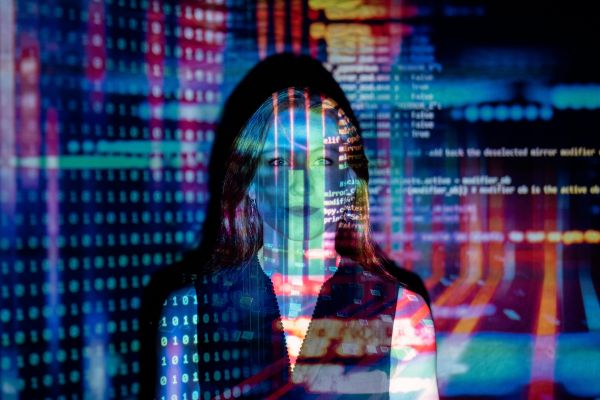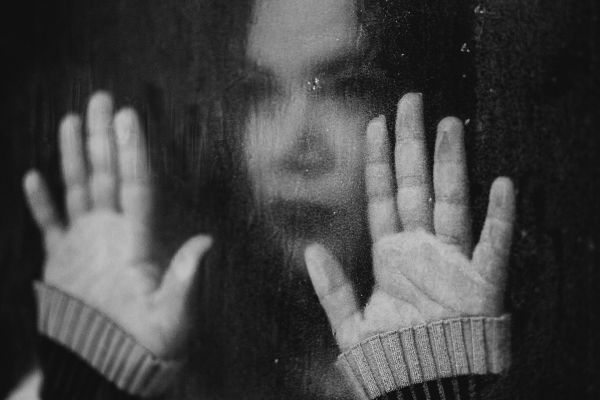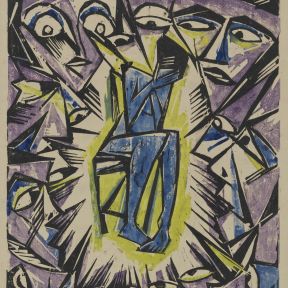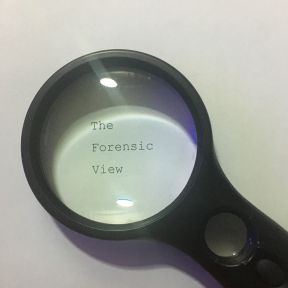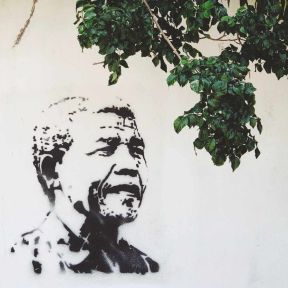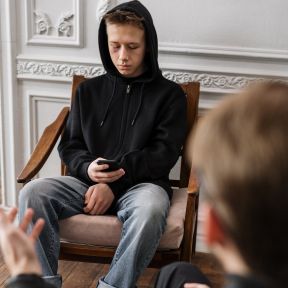
False Memories
Although memories seem to be a solid, straightforward sum of who people are, strong evidence suggests that memories are much more quite complex, highly subject to change, and often simply unreliable. Memories of past events can be reconstructed as people age or as their worldview changes. People regularly recall childhood events falsely, and through effective suggestions and other methods, it's been proven that they can even create new false memories.
Contents

A person’s malleable memories often involve the mundane, such as when we second-guess whether the stove really is off or on. But they can often be far more consequential, such as unreliable eyewitness recollections of a crime.
Human memory is pliable and easy to manipulate. A distorted memory or the introduction of later, false information can affect how we recall events we experienced firsthand. A person's existing knowledge can impede and obstructs their own memory, leading to a newly formed, cobbled-together recollection that does not accurately reflect reality. Also, under certain circumstances, a person can be given false information and be convinced to believe that an event that never occurred actually did.
Given that our recovered memories may be genuine or false, or a combination of the two, it is legitimate to question just how much of what you remember is real and how much is a misperception.
Without material evidence, it’s hard to know for sure whether a memory is real or imagined. Even if you feel high conviction that a recollection is true, there is a high chance that the memory is flawed, by a little or a lot.
Just as a recollection can be altered into a false memory, it can be reversed as well. If you return to the memory and think closely about its details, you may be able to recreate the event over time. Through such a process, you reroute the false memory to a true one.

A malleable memory can have especially dire consequences, particularly in legal settings when children are used as eyewitnesses. Research has found that a child may be especially susceptible to the implanting of false memories by parents or other authority figures. This becomes highly problematic when a case involves alleged sexual abuse or relies on the correct identification of a suspect by a child. But adults can also be tricked into remembering events that never happened, or changing the details of things that really did happen.
Presented with incomplete information, the brain seeks to fill in the blanks. If you see a photo of a person you have never met, for example, and mutual friends have shared descriptive details on time spent with the person, you may start to believe that you have in fact met the individual.
Psychologist Elizabeth Loftus of the University of California at Irvine, an influential researcher on memory who has consulted on many high-profile legal cases involving disputed memories, including the McMartin preschool sexual abuse allegations, notes that everyone embellishes or adds to their memories during recall or recounting. Over time those changes, accurate or not, become part of the memory in the mind. Loftus warns that human memory is not a recording device, but more like a Wikipedia page: You can change it, but others can, too.
Most people struggle to recall events before the age of about 3 or 4, a phenomenon called childhood amnesia. In the first few years of life, a child’s body undergoes the process of neurogenesis, or the growth and development of nervous tissue. New nerve cells develop, and old cells get recycled or reformed, taking childhood memories away with them.

On the internet, almost anyone claiming objectivity or impartiality can disseminate false memories through the dissemination of specious information. Misinformation, or "fake news," has become ubiquitous through media such as doctored videos and photoshopped images as well as fabricated text. Such misinformation is especially persuasive with audiences who already harbor biases endorsed by the inaccurate messages.
Several recent events have proven that memory can become weaponized, often quite effectively. Once misinformation taken hold in a target's mind, that new, false recollection hinders his or her ability to make informed decisions about policy and politicians. Fake news drives social discord and character assassination, and even corrupts crucial personal choices about health and well-being.
Biased thinking molds the way we remember. We all employ bias when perceiving, interpreting, and remembering information and events. This effect extends to the ways in which we tap our memories for information about fake news.
In a study, researchers doctored images of well-known events and found that indeed a person’s recollection of even universally known, iconic events can be altered.

- Investigate the source of the information and whether the site is reputable.
- See who is listed in the “About” section or “Contact Us” page.
- Check the author and scrutinize the person's credibility.
- Is the author a real person?
- Don’t fall for clickbait headlines, read the entire post.
- What is the purpose of the information?
- Make sure the story is current and not lifted from old information.
- Check the accompanying links for references and citations.
- Search for more information on the claim.
- Doctored images are sometimes obvious and can be searched via image sourcing tools.
- Check the image credit.
